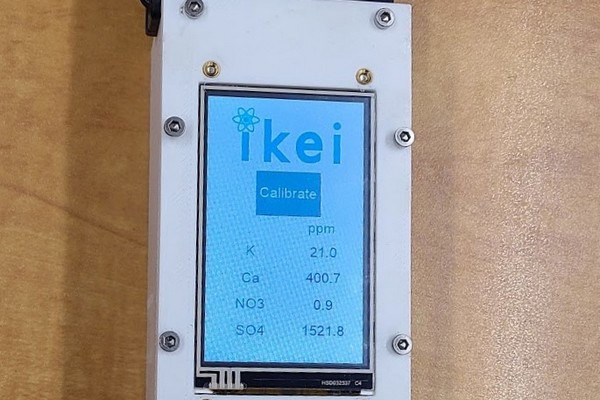Teams chosen as part of a cohort of 10 projects identified by Axelys, a Quebec-based non-profit organization helping to accelerate innovation stemming from public research, for their high potential after a thorough 6-month review by an independent board
As researchers across the planet search for viable solutions to the increasing intensity of climate change, it is also clear that helping projects move from the lab into the real world is a crucial part of the process. The transformation of exciting research and inventions into everyday technology is a long and fraught path, often littered with failed attempts. Early support for developing projects into scalable solutions can make a huge difference.
Given this context, the recent decision by Quebec's non-profit organization Axelys to support two McGill cleantech projects is a welcome development. For their third funding round launched in 2023, they selected 10 projects from universities and research institutes across Quebec, including two from McGill: Ikei, led by Professor Thomas Szkopek, and Altiro Energy, based on technology developed by Professor Jeffrey Bergthorson.

Ikei: Enabling next generation farming
Go to any major grocery store in North America, and you will find strawberries for sale, harvested and delivered all the way from California. But transporting those pints of red goodness in refrigerated trucks from the West Coast comes with considerable energy costs – not to mention the other costs associated with the soil-based farming used to produce the crops, which include the heavy toll of chemical fertilizers and the high amount of water consumed.
One solution to this wasteful exercise is to grow produce locally using hydroponic farms – Montreal's Lufa Farms is one example. But hydroponic farming has its issues as well, particularly with how to manage the nutrient balance in the water used to grow produce. Over time, this balance becomes distorted as plants grow and consume certain nutrients more than others. Typically, farmers must dispose of the water and start fresh when this nutrient imbalance occurs.
Ikei's solution, developed with Professor Szkopek's expertise in graphene and 2D materials, will enable hydroponic farmers to determine the nutrient balance quickly and easily without requiring lab tests or other equipment, thereby permitting them to save time and increase yields.
Currently in testing with commercial farms, the Ikei solution has the potential to dramatically simplify life for hydroponic farmers worldwide, and hopefully make those strawberries available year-round, and with less carbon cost.
Source: mcgill.ca
